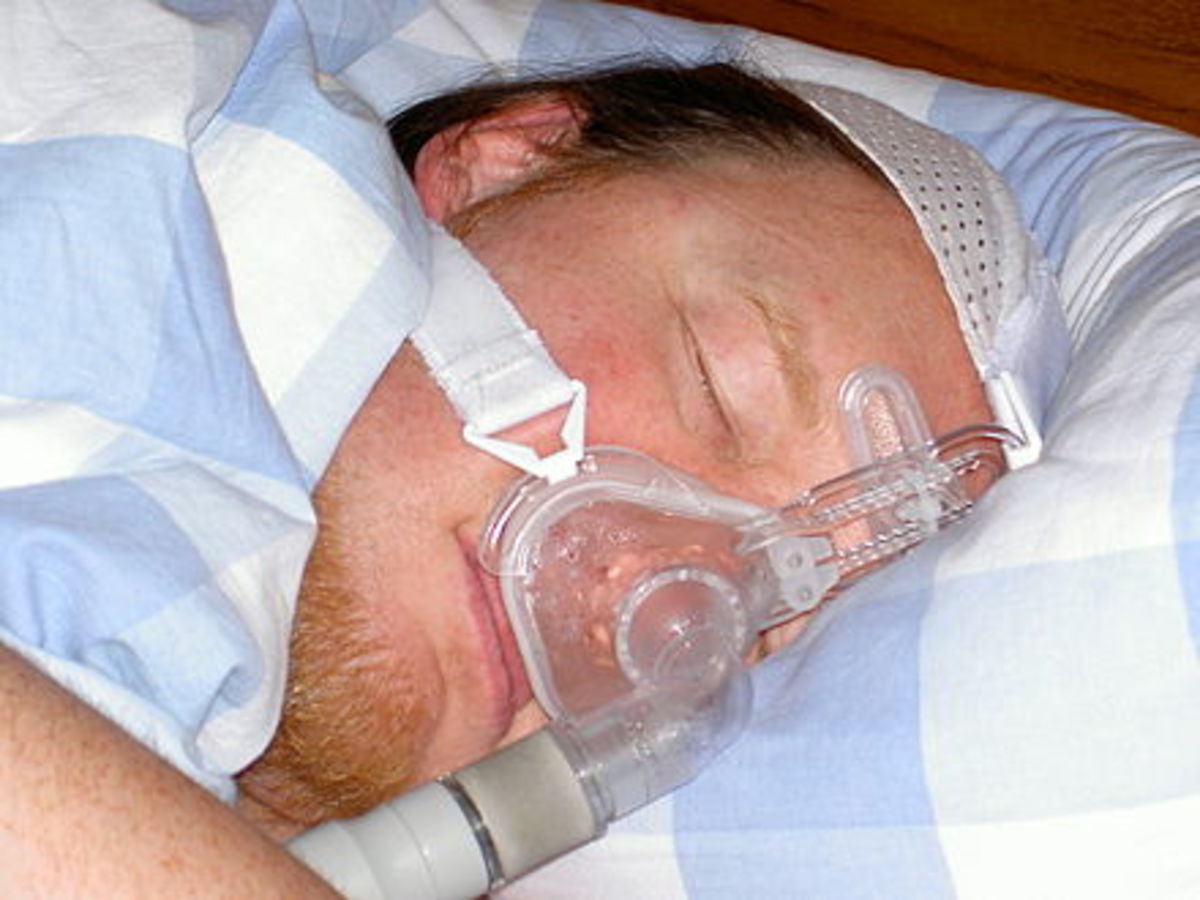Understanding Sleep Apnea


Understanding Sleep Apnea: What it is?
Sleep Apnea is a commonly found disorder which causes breathing pauses while one is asleep. These pauses can vary from a fraction of seconds to minutes and usually occur for a minimum of five times per hour. One can breathe properly after that but breathing is often accompanied by a chocking sound in the throat which can lead to loud snoring. It is actually a chronic disorder that disrupts the sleep and affects the way you breathe when you sleep. If this problem remains untreated, breathing becomes interrupted and shallow while the sufferer is asleep, as a consequence of it the person spends more time in light sleep and less time in the deep sleep that is needed to be energetic and productive.
The sleep deprivation leads to poor concentration, dizziness and lack of interest in anything you take up. It can also lead to some serious health problems such as risk of high blood pressure, diabetes, stroke, heart disease and weight gain. The symptoms can be controlled by treatment, it can help you be back on track, sleep properly, work with concentration and feel fresh every morning when you wake up.
This is the disorder which many people fail to understand as this condition arises only when the person is asleep. The types of sleep apnea are discussed below, let's take a look one by one:
Obstructive sleep apnea: In it the soft tissue in the back of throat relaxes during sleep and blocks the airway, which causes obstructive breathing and loud snoring. The person wakes up number of times at night but is unaware of that in the morning. Studies have found that Obstructive sleep apnea is more common in people who have excessive weight.
Central sleep apnea: This involves central nervous system and the problem takes place when one’s brain fails to transfer signal to the muscles that control breathing. It is common in people who have certain medical conditions.
Complex sleep apnea: It is a mixture of both obstructive sleep apnea and central sleep apnea.
Signs
- Noisy and persistent snoring
- Choking of throat
- Laziness during daytime
- Several pauses while breathing
Symptoms
- Headaches during the morning
- Soar throat
- Dry mouth
- Frequent use of bathroom during night
- Problem in concentration
- Stress
- Depression and irritability
- Insomnia
- Untreated sleep apnea may lead to various problems such as:
- Heart attack
- Diabetes
- Obesity
- Stress
- High blood pressure
It is a chronic problem and the person suffering from it needs to take life long precautions to avoid it, regular exercising, right eating habits and surgeries may help in treating this problem.
How to know if it is merely Snoring or Sleep Apnea
It is not compulsory that everyone who snores is suffering from sleep apnea. To keep a note of his snoring habit, one can maintain a diary and keep track of number of times they wake up at night. One must also ask his partner to keep a track of his snoring and how loud it is. Anyone can suffer from this problem irrespective of age and sex.
What are the Exercises that can help in reducing the symptoms
Place finger inside one side of mouth and hold it against cheek and pull cheek muscle at the same time. Repeat it for ten times and then repeat on the other side.
Press tongue straight against the mouth and then brush both top and sides with a toothbrush.
Hold your lips tightly, and then move them up towards the right and left, repeat it for 8-10 times each day.
Several treatments for it have evolved in the present times.
Self Help Treatments:
- It has been found that fat people suffer more from this condition so it is better to maintain your weight.
- One must avoid smoking and drinking
- It better to avoid caffeine
- Take light meals
- Have sound sleep without any external interruptions
Sleep Apnea is a chronic condition that requires long term management by the sufferer. Lifestyle changes, exercising, right eating habits, breathing devices, mouthpieces and surgery can successfully treat this problem in many people. It is advised to take early medical help if you think you or someone in your family is suffering from it.








